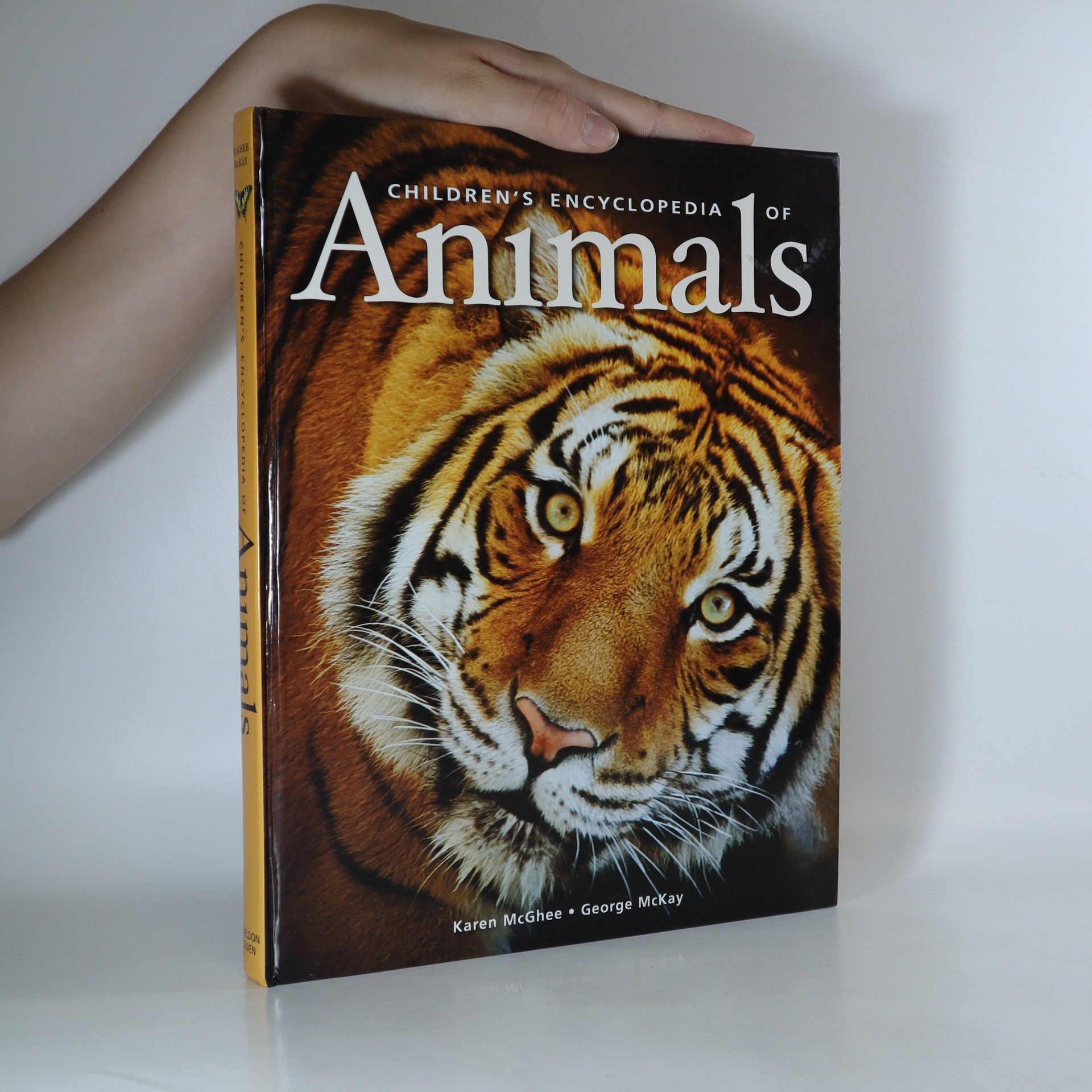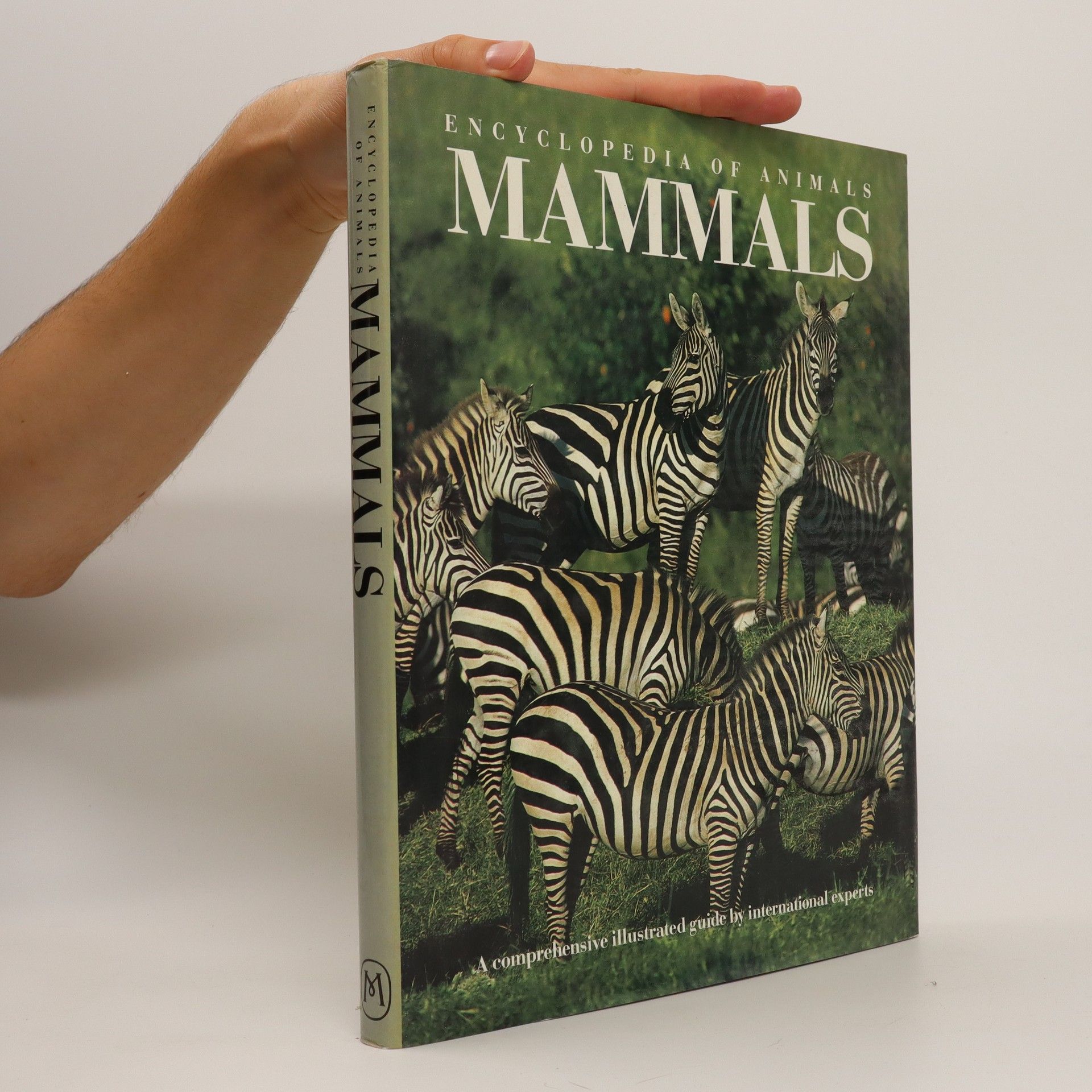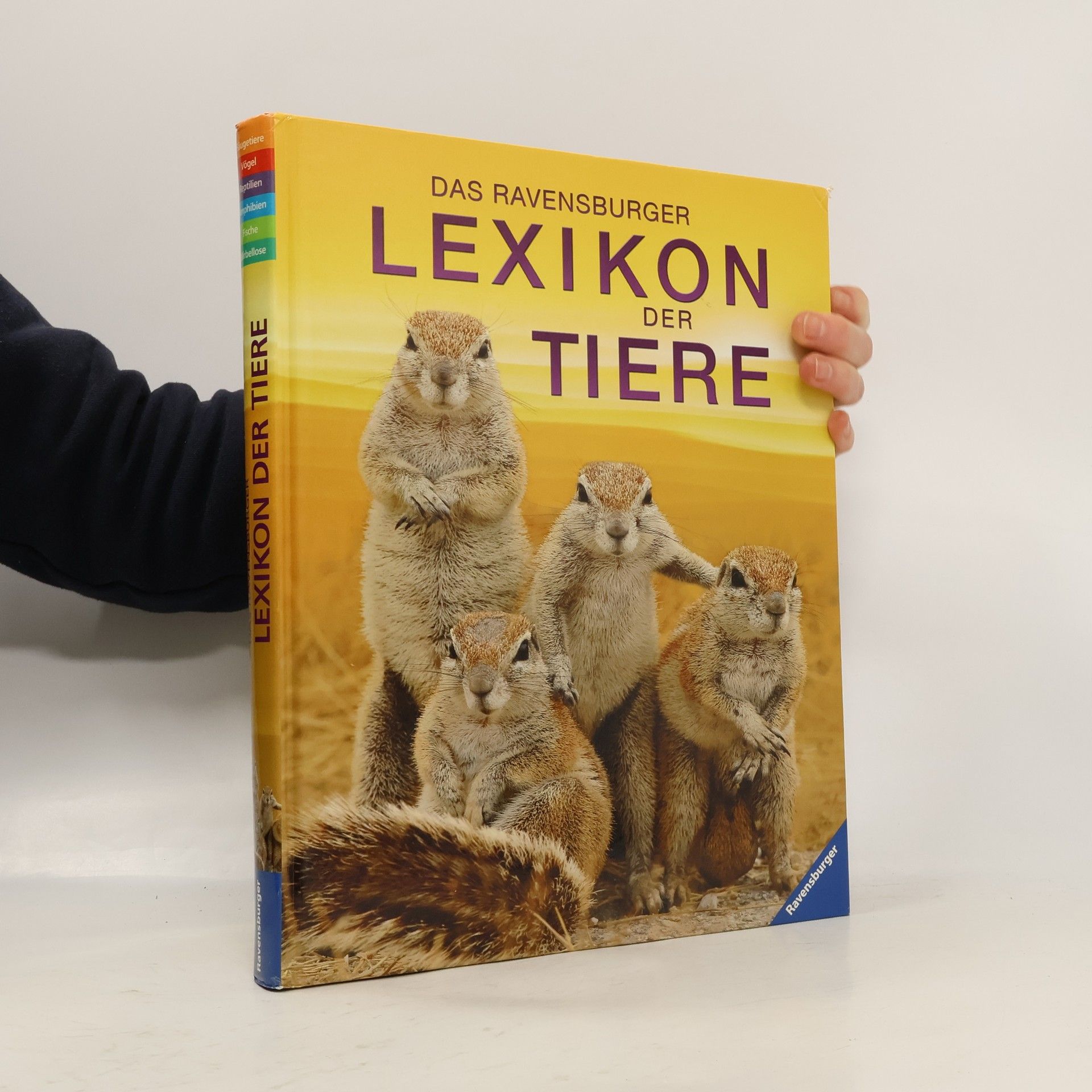Das Ravensburger Lexikon der Tiere
Säugetiere, Vögel, Reptilien, Amphibien, Fische, Wirbellose
- 256 Seiten
- 9 Lesestunden





Säugetiere, Vögel, Reptilien, Amphibien, Fische, Wirbellose
Collective youth up trees or down tunnels, protest camps and all-night raves across the land—these are the spectacular features of the politics and culture of nineties youth in Britain. DiY Culture lays to rest the myth of “Thatcher’s children,” for the flags are flying again—green, red and black.Editor George McKay claims that popular protest today is characterized by a culture of immediacy and direct action. Gathered together here for the first time is a collection of in-depth and reflective pieces by activists and other key figures in DiY culture, telling their own stories and histories. From the environmentalist to the video activist, the raver to the road protester, the neo-pagan to the anarcho-capitalist, the authors demonstrate how the counterculture of the nineties offers a vibrant, provocative and positive alternative to institutionalized unemployment and the restricted freedoms and legislated pleasures of UK plc.
Mammals are our closest relatives in the animal kingdom; most are beautiful, and many are highly intelligent and have intricate social systems. They are found in all kinds of habitats; they may have fur, scales, or spines; they move by hopping, swimming, running, or flying. What all mammals share, apart from certain anatomical similarities, is the unique ability to nourish their young with milk from mammary glands.Many species of mammals are severely threatened by habitat destruction and encroachment, and some face extinction within the near future. A better understanding and appreciation of mammals by humans is essential to their survival.This lavishly illustrated book presents in a lively and visually stimulating way the most recent findings of scientific research. Authoritative text written by the world's leading mammalogists is enhanced by over 200 superb photographs and over 100 original paintings, diagrams, and maps to give an up-to-date overview of our knowledge of the fascinating lives of animals.Key Features* Magnificently illustrated in full color* Includes hundreds of color photographs and meticulously researched diagrams and maps* Written by an international team of world recognized authorities
Renkli illüstrasoyonlarıyla birlikte 1000 den fazla hayvan türü Hayvanlar alemiyle ilgili detaylı bilgiler Her hayvan grubuna özel dağılım haritası Hayvanların yaşam alanlarını gösteren özel bölümler Dünya doğayı koruma birliğine ait istatistikler En son bilimsel bulgular ve araştırma sonuçları Hayvanların bilimsel ve yaygın kullanımdaki adları Uluslararası otoritelerin yönetiminde hazırlanan zengin içerik Terimler sözlüğü ve dizin sayfaları Okul ödevlerinde yardımcı bilgiler